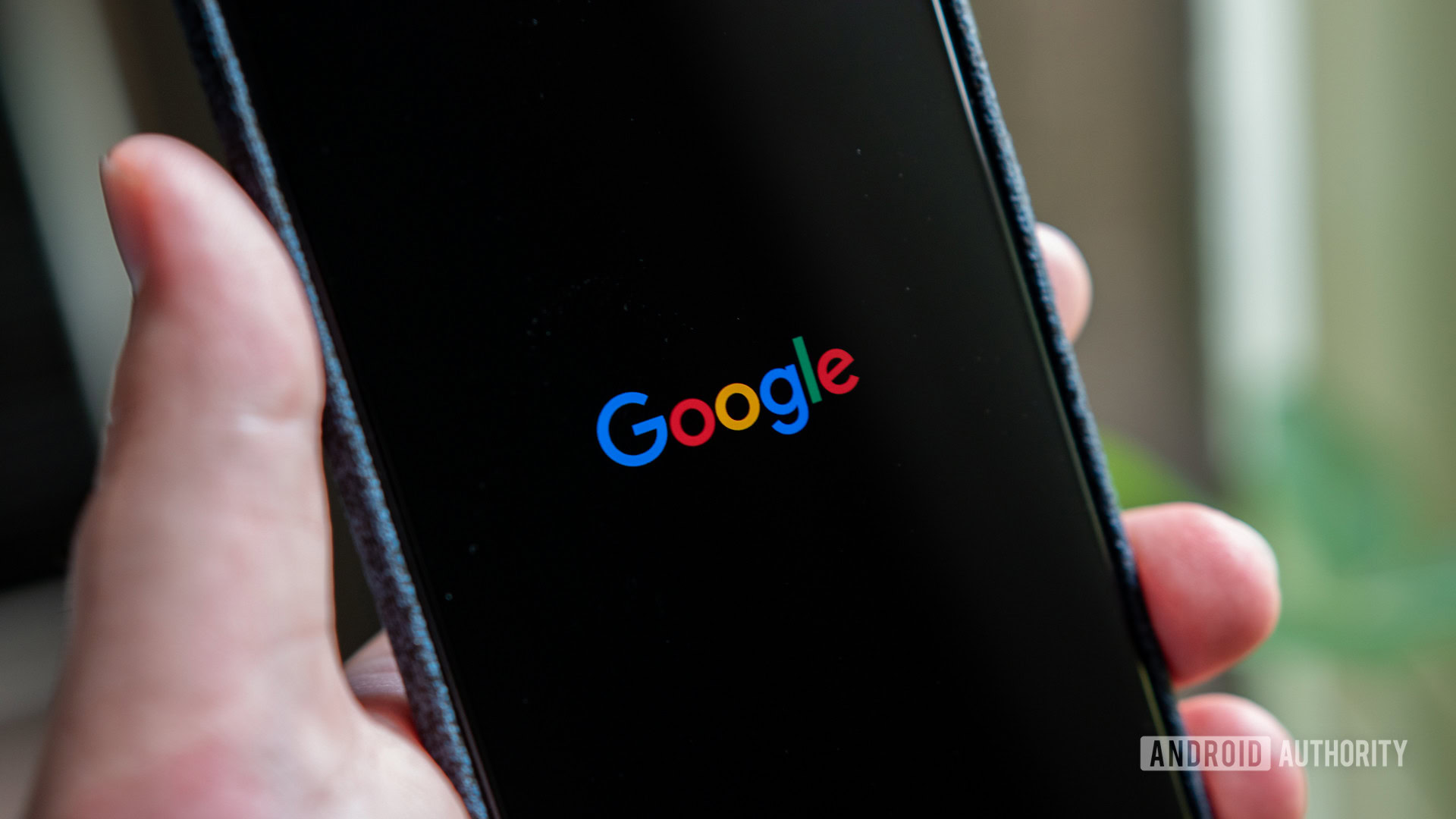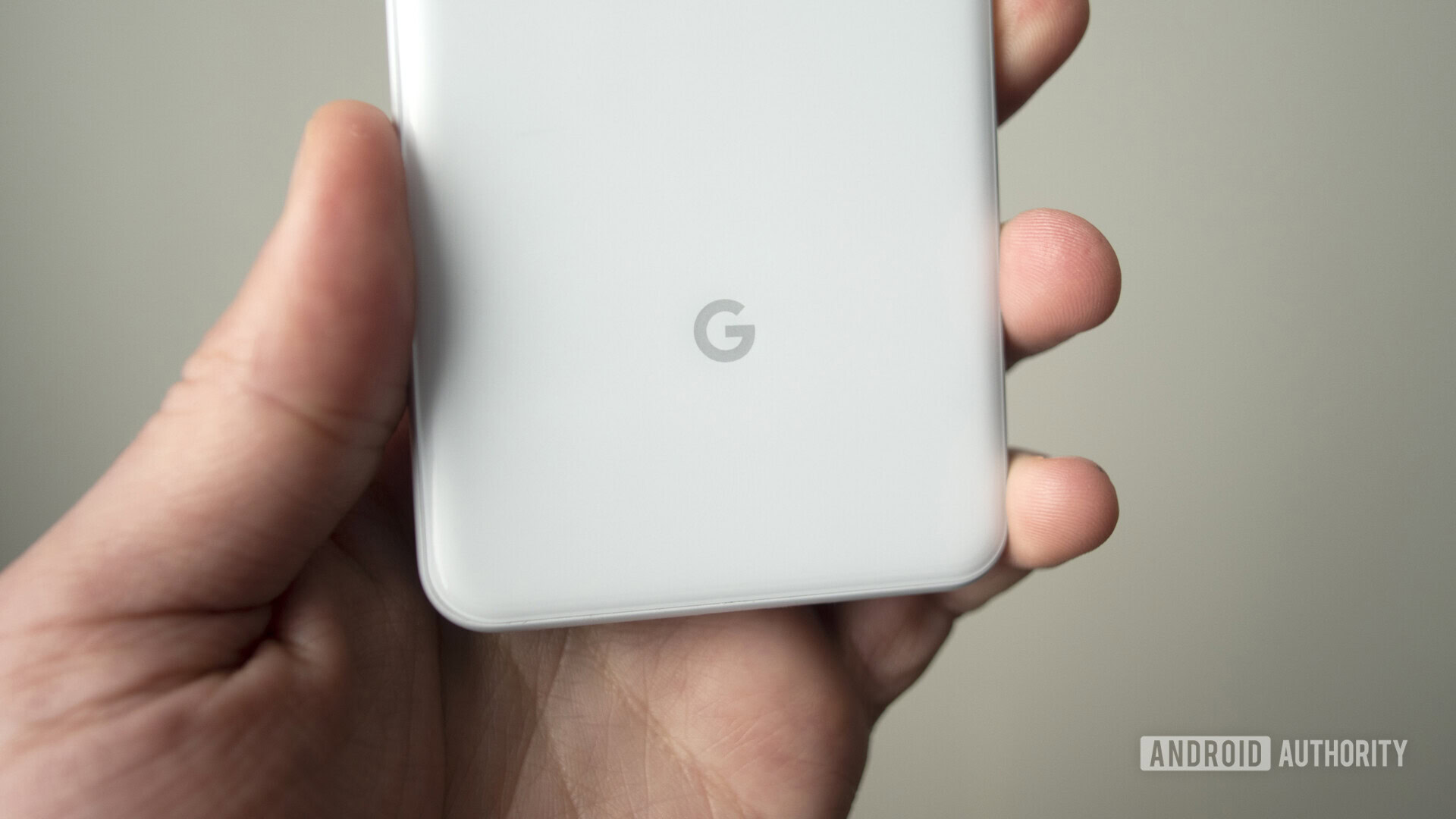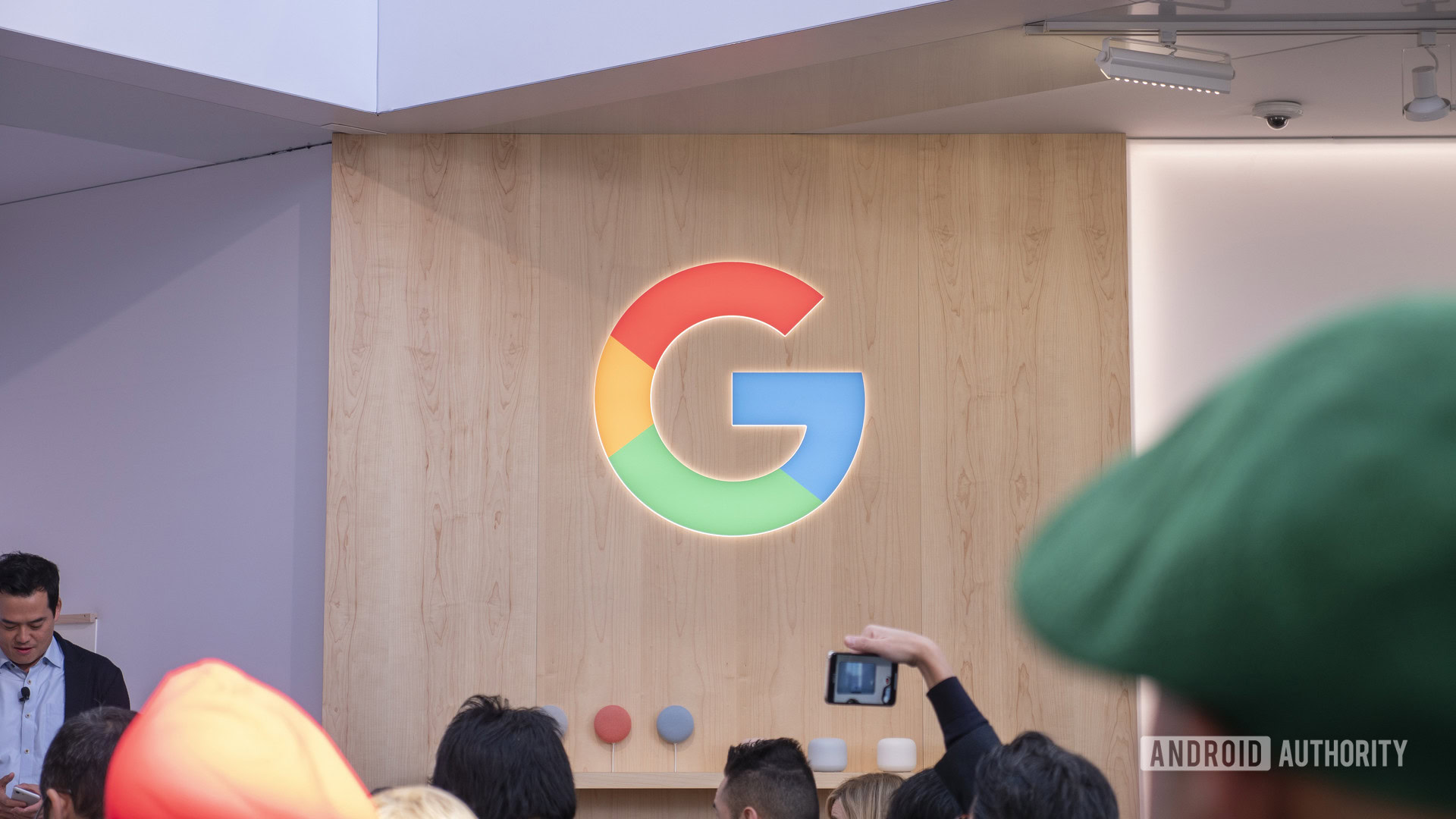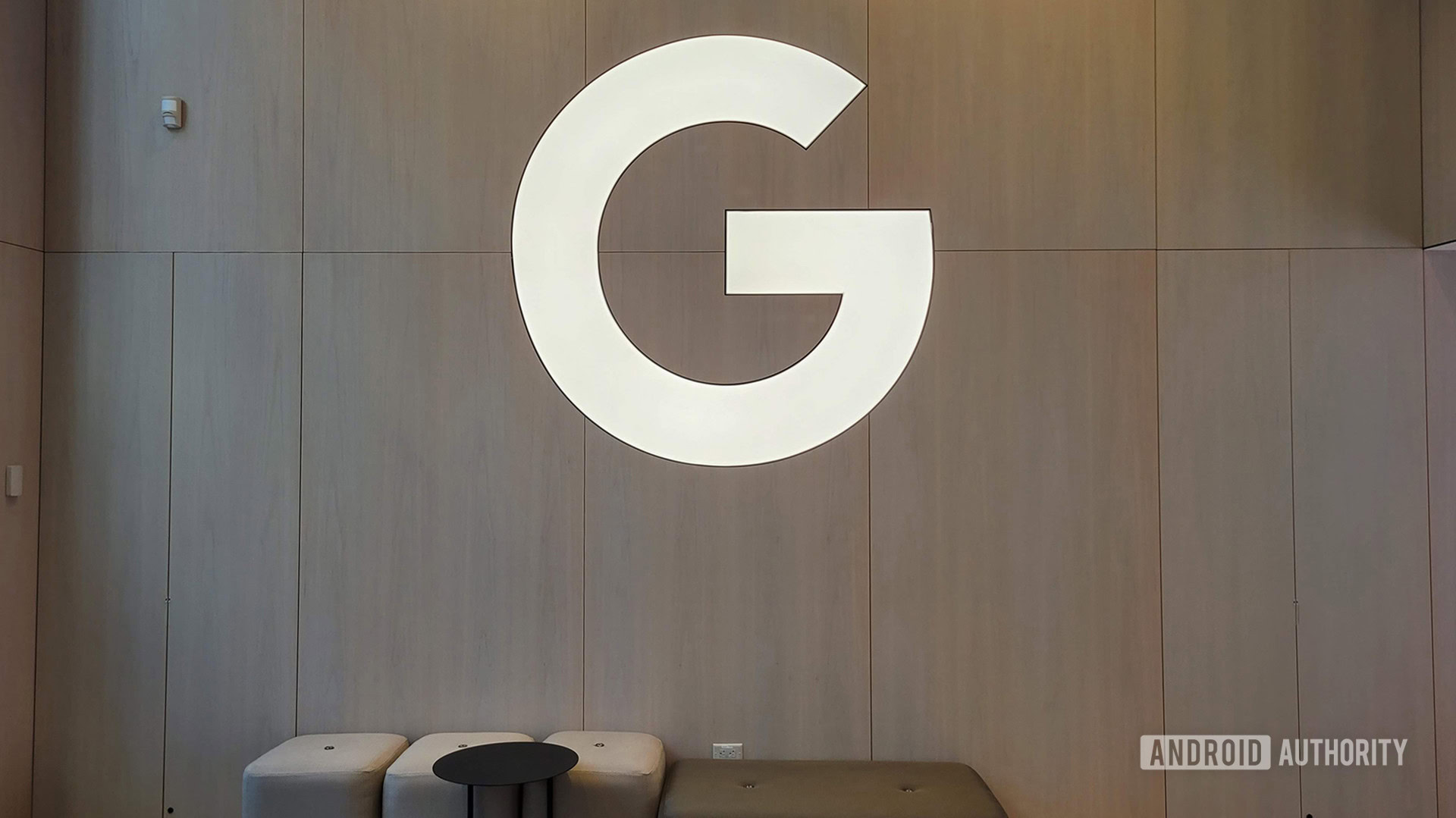C. Scott Brown / Android Authority
Imagine waking up one day to find out that your Google account has been permanently banned and that you cannot get it back. You’d likely be upset and consider it a major inconvenience, right?
Depending on how integrated you are within the Google ecosystem, a perma-ban could be more than an inconvenience — it could be devastating. A banned Google account means losing access to things you might use daily, including Gmail, Google Drive, Google Photos, and Google Pay. Any playlists you’ve made on YouTube are gone. It even means re-buying all the apps, movies, and books you bought from the Google Play Store.
I don’t know about you, but it would turn my life upside down if my Google banned my account.
Although most users will never experience a banned Google account, it can and does happen. Here, we’ll summarize the basics of this problem as best we can, giving you all the info you need on how and why this happens. We’ll also let you know what you can do if your account is banned and, most importantly, how to prevent it from happening at all.
Yes, Google can ban your account

Just in case you’re surprised to learn this news, yes — Google has every right to terminate your account. You can read the full Terms of Service related to Google accounts, but all you really need to know is the line below:
We may suspend or stop providing our Services to you if you do not comply with our terms or policies or if we are investigating suspected misconduct.
It can’t get much more clear than that. If Google doesn’t like what you’re doing, it can suspend or terminate your account at any moment.
In the TOS document, Google says that it can ban your account if you “misuse” or “interfere” with its services. The language makes it sound as if Google is only concerned about people using a Google product in a way that’s not intended; for example, someone is hacking the Play Store to get items for free. It also seems as if Google primarily focuses on attacks on its products, such as a DDoS attack.
The language in Google’s ToS is very broad.
However, the language is very broad. Google has full power to decide whether or not someone has “misused” a service, which gives you, the consumer, not much of a leg to stand on. In other words, Google has a ton of power over your account, and there’s not much you can do about it.
Here’s an example of how this can go awry. Many YouTube users had their Google accounts (not just their YouTube accounts) banned for “spamming” a video feed with emojis. The YouTuber who created the video encouraged users to do just that however, so Google didn’t have to go so far as to perform full account bans. To make matters worse, it took Google days to reactivate everyone’s accounts. Even then, some experienced data loss.
This is why you need to be careful and stay informed.
A banned Google account could be devastating

As mentioned, there are so many Google services on which so many of us rely. A Google account ban could be devastating for the simple fact that you couldn’t access Gmail anymore.
For Android users, though, a banned Google account means their entire smartphone won’t work correctly. With a banned account, you’re no longer able to sync your data, download apps, or get notifications for some of the most prominent applications on your phone. The only way around this is to log in with a new account and start from scratch.
Just to make sure you understand the gravity of the situation, here’s an incomplete list of Google-owned properties that you wouldn’t be able to use with your current Google account should it get banned:
- Android
- Google Home
- Chrome
- Chrome OS
- Wear OS
- Chromecast
- Google Nest
- Google Wifi
- Google Docs, Sheets, and Slides
- Google Drive
- Google Play Store
- Gmail
- Google Maps
- Google Fi
- Stadia
- Google Fit
- AdSense
- Google Pay
- Google Photos
- YouTube
Remember, it’s likely you wouldn’t only lose access to those products. In many cases, you wouldn’t even have access to any of the data associated with your account. That could mean some or all of your important documents in Drive, your cherished pictures in Photos, your email, your smartphone, and on and on. You wouldn’t even be able to connect to the internet at home if you rely on Google Nest Wifi!
Although there are plenty of examples of people getting unexpectedly banned by Google (see the previous section, or this article, or this one), most people will likely go their whole lives and never encounter a ban. If it does happen, though, you have some options.
Google account banned? Here’s what to do.

If your Google account is banned and you’ve reached this article looking for assistance, you’re in luck. You can take a few steps to potentially get your account (and data) back.
First, you’ll want to find out what happened. That’s as simple as logging into your Google account and then seeing what message pops up once you complete your sign-in.
Thankfully, Google offers an appeals process to deal with account bans.
To appeal your ban, click Start Appeal and follow onscreen instructions. If you live somewhere like the US or Canada, that’s it, but Google notes that you have additional options if you live in the European Union or you’re an EU citizen. Specifically, you can turn to an out-of-court dispute settlement body under the EU’s Digital Services Act, or even pursue legal action.
While you’re waiting, you can attempt to download at least some of your account data. Just open up the apps you use (Google Photos, Google Drive, etc.) while logged in to your banned account and examine the page that appears. For some apps, there will be a link to instructions on downloading your app data just in case Google doesn’t lift the ban. Note that you may not be able to download content if the ban was based on (alleged) account hijacking, a legal request, or “egregious” content violations like terrorist content or child sexual abuse.
Google adds that for some policy breaches, it’ll accept up to two appeals. You should be warned about the number of appeals available before you submit your first one.
Unfortunately, if Google rejects all of your appeals, there’s not much you can do if you’re outside of the EU. You can try gaining social media traction if you feel a ban was illegitimate, and Google might change its mind to avoid bad press. We wouldn’t count on that unless you’re famous or can otherwise attract a lot of eyeballs, however.
Be proactive: Don’t put all your eggs in one basket

Chances are good that nearly everyone reading this article will never see a Google account ban. As long as you’re a (generally) law-abiding citizen and aren’t using or attempting to use your Google account for nefarious ends, you’ll likely be safe.
However, it’s important to remember Google’s overarching reach across nearly every facet of our electronic lives. It has the power to take everything you use away at any moment. Therefore, the absolute best way to prepare for the potential of a banned Google account is to avoid relying completely on the company.
Doing this protects yourself as best you can from an unexpected ban. Even if you follow all the rules of each service, that’s not a guarantee Google won’t ban you anyway (see the examples above).
Multiple accounts and local backups are your best friends if you’re worried about seeing a Google account banned.
For example, if you store a lot of pictures and videos in Google Photos, keep a backup on a hard drive you own, just in case. Do the same for videos uploaded to YouTube, or your documents and files within Google Drive. Even if you don’t keep up with backups too often, you’ll at least still have some of your data if Google bans your account down the road.
Another way to be proactive is to create different Google accounts for different services. For example, you could make a smart home Google account that links to your Nest products, your Chromecasts, your Google Nest Wifi router, etc. You could then have another Google account for your media files, another for your smartphone, and on and on. That way, if Google bans one account, the others remain unaffected.
Yes, both of these methods are inconvenient. The second one goes against the simplicity of a single Google account, not to mention connected platform features. But numerous instances of account bans for illegitimate reasons prove it’s better to be safe than sorry. You’ll need to determine what lengths to go to to protect your data. But rest assured: Google has a lot of power here.










